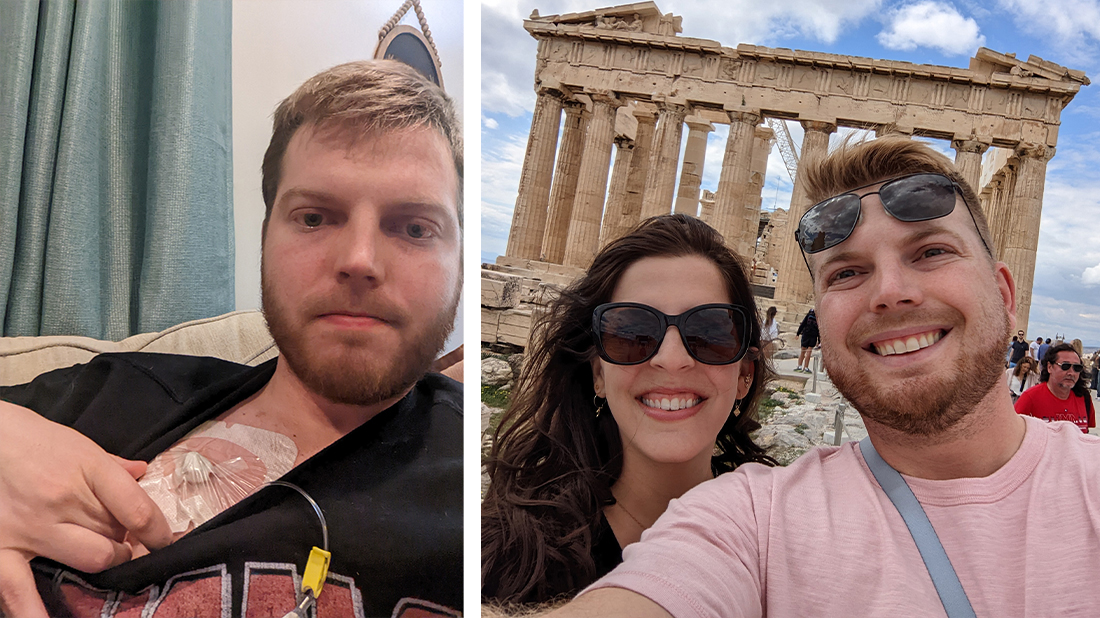
Featured Doctors

Related Stories
Colon Cancer Screening Guidelines: 45 Not 50
Colorectal cancer, which includes cancer of the colon and rectum, is affecting younger adults more than ever. According to the American Cancer Society, colorectal cancer is now the leading cause of cancer death in people under 50 in the United States.
Read ArticleHealthcare Professionals VIP Colonoscopy Day
Calling all physicians, healthcare providers, and healthcare team members in Northern Virginia! Please join us for our annual Healthcare Professionals VIP Colonoscopy Day on Saturday, March 7, 2026, at Javier Road Endoscopy Center in Fairfax, VA.
Read ArticleThe Cost of Convenience
When it comes to screening for colon cancer, you have a few options, and convenience can be tempting. At-home stool tests like Cologuard® let you collect a sample at home and mail it in for testing. Sounds easy, right?
Read ArticleHealthcare Professionals VIP Colonoscopy Day
Calling all physicians, healthcare providers, and healthcare team members in Northern Virginia! Please join us for our annual Healthcare Professionals VIP Colonoscopy Day on Saturday, March 8, 2025, at Javier Road Endoscopy Center in Fairfax, VA.
Read Article